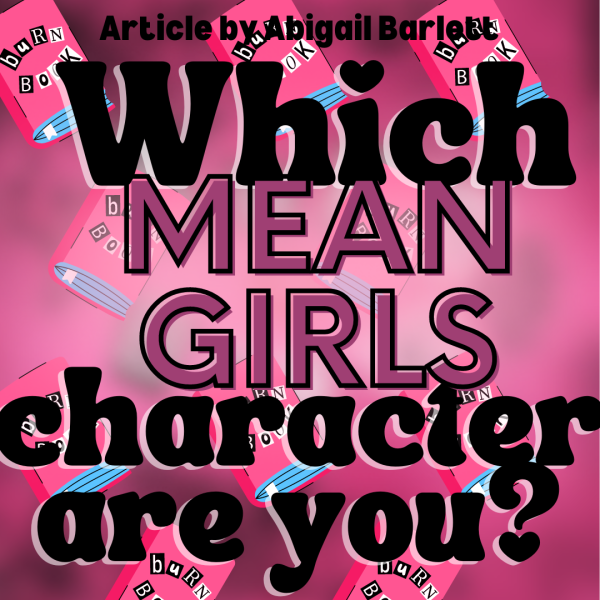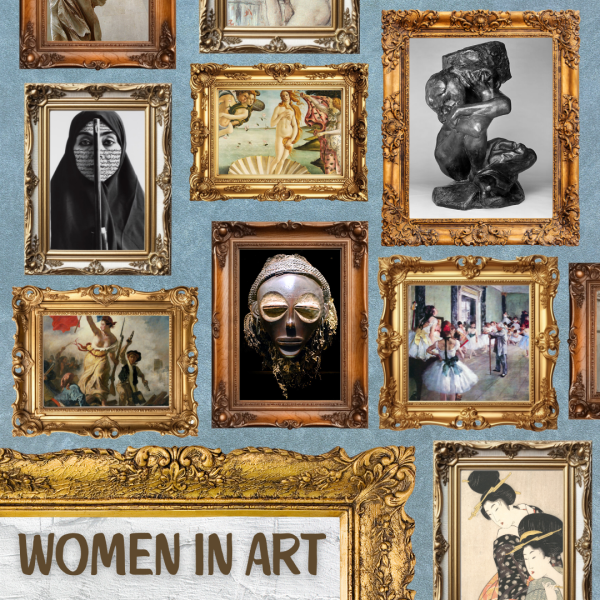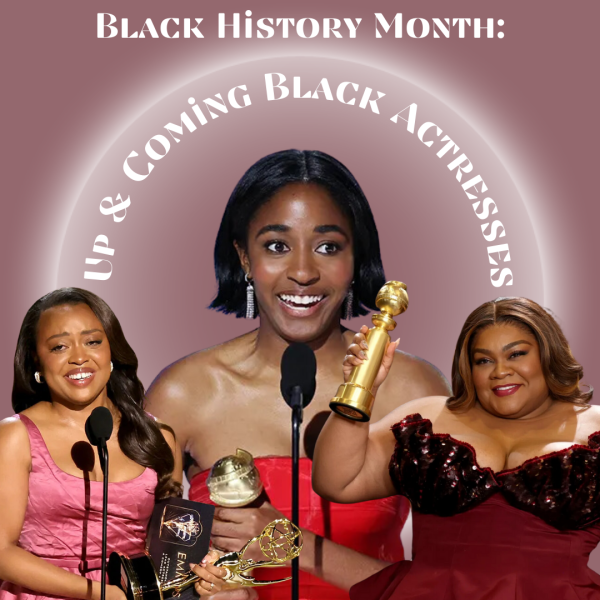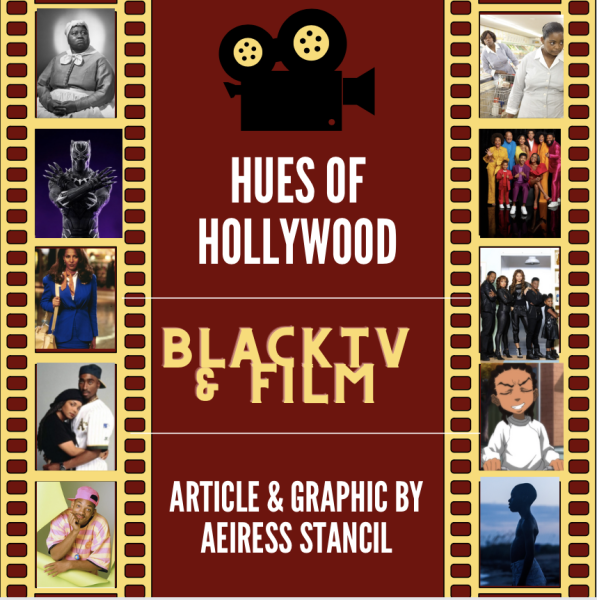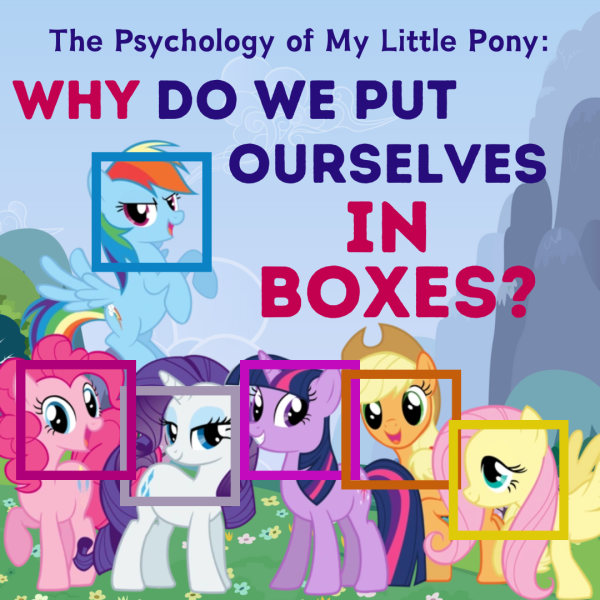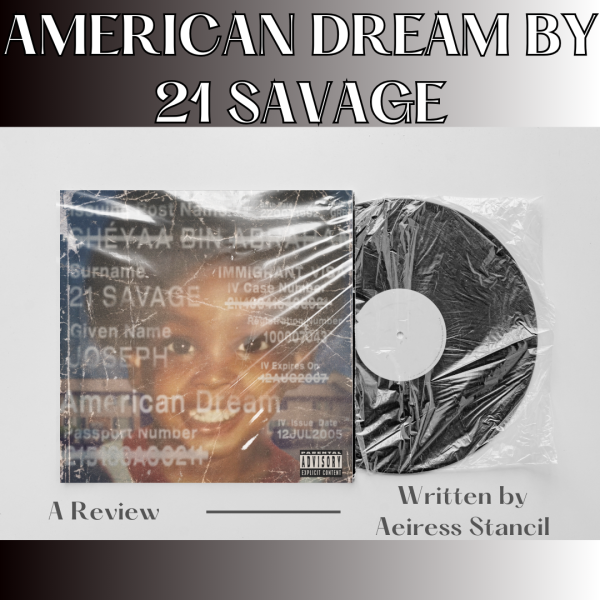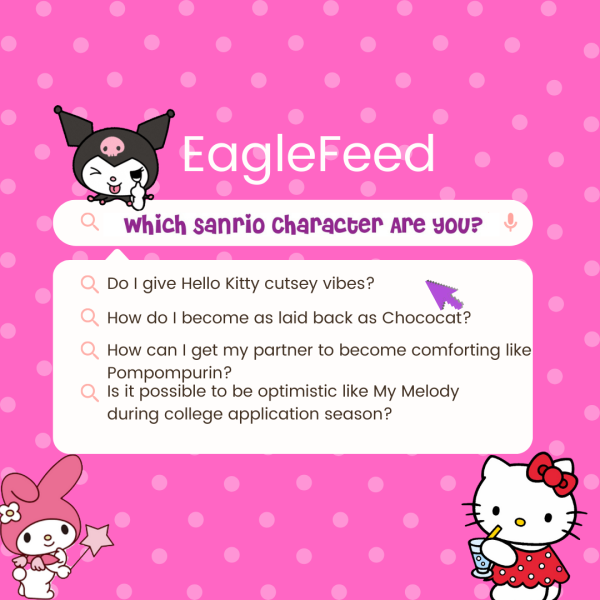Fatherhood, Vulnerability, and Trauma: A Review of Kendrick Lamar’s Most-Personal Album to Date
It has been 5 years since the release of Kendrick Lamar’s rap album, DAMN, and his Black Panther soundtrack. The release of his latest album, Mr. Morales & The Big Steppers (MMTBS) is a long-awaited end to his hiatus, which has only seen limited projects such as his feature on “Family Ties” and work with the Super-Bowl Halftime Show.
While MMTBS has topped the charts since its release, the album has brought up questions about whether the wait was worth it and how the album ranks amongst his previous works, as he is known for legendary albums such as “good kid, m.A.A.d city” (GKMC) and “To Pimp a Butterfly” (TPAB) which frequents many hip-hop critics’ list for some of the best albums created. These concept albums told well-crafted stories and featured highly skilled production, raising the bar for his future works.
The simple answer could be that yes, MMTBS was enjoyable (for me at least) but difficult to place above TPAB and GKMC. But, like all of Lamar’s albums, they are meant to tell a story, so even though the album was not as strong as his other works, it is still a beautiful piece of work that unravels a lot about Kendrick in his new stage in the life of fatherhood, as well as how he is processing his past trauma and events today.
Without further adieu, my review of the album!
Social Themes- 10/10
Some of my personal favorite songs on the album are “Die Hard,” “We Cry Together,” “Purple Hearts,” “N95,” and “Aunties Diaries.” Some I enjoy for the themes they expose or the simple aesthetics of the song, “We Cry Together” is powerful. Most listeners can agree that the opening instrumentals are very soothing, but it may have taken a few listens to fully understand the lyrics. Lamar brings his style of well-composed instrumentals that contain social and politically charged messages to MMTBS just like he has with past albums (such as GKMC).
To elaborate further on the social themes, we can examine “Aunties Diaries.” The song tells the experiences that Lamar has with the gender transition of his uncle and cousin. He described how he had personally grown accustomed to the Transgender community at a young age, but how kids would often use slurs against members of the community and make them the subject of jokes. Although focused on Lamar’s childhood, it is pretty clear that he is also calling out the hip-hop industry’s usage of slurs in music and their hypocrisy towards the end of the song. The only negative with the song is the use of the F-slur which although used to reinforce his experience, is done without regard to how the LGBTQ community might feel or the negativity of using any slur regardless of intention/usage. Other than that, I loved how Kendrick formatted the song and all the general musical aspects were on point, such as the lyrics, production, and flow. I would give this song a 9.5/10!
Arguably one of the strongest songs off the album, “We Cry Together,” sees Taylour Paige and Kendrick Lamar take opposite sides in a hypothetical fight shaped into a song that represents toxic relationships. The song outro pits the idea of male toxicity, and how it affects the empowerment of women, against hypocrisy and “fake feminism.” These ideas expose listeners to nuanced social themes by showing how activism can be flawed. One of the most impactful lines was an exchange between the two regarding R. Kelly, “You the reason R. Kelly can’t recognize that he’s abusive, Man, shut the f**k up, we all know you still playin’ his music.” I don’t necessarily support the entirety of Kendrick’s argument, but I thought this line was important in this day and age where people will often aim to “cancel” someone, but do so while claiming to “separate the art from the artist.” Lamar’s message reflects the idea that it is hypocritical to give money to an artist (by listening to them) but not claim to support their character, even though they quite literally are. It also reminded me of Tupac as well as the song “Kim” by Eminem. In total, this song received a 10/10 from me.
Instrumentals, Production, and Vocals-10/10
Many listeners and critics may disagree, but what I really saw as a major strength of this album was the quality of production. Despite MMTBS receiving criticism for having similar beats throughout the album, I would refute this. Even though some similarities can be drawn between select songs, I believe that Lamar and his team created beats that were beautiful and diverse which propelled his already strong lyric game.
Lyrics- 9/10
Since the start of his career, Lamar has been known for having some of the most nuanced lyrical quality in the hip-hop industry This did not change with MMTBS.
Storytelling and Cohesion- 9.5/10
I think that this album provided one of the best emotional and story values of any album by Lamar. The songs guide us through a new phase of Lamar’s life, including fatherhood and his relationship with his wife, Whitney Alford. In the section on cohesion, it is not as connected as albums such as TPAB or GKMC; however, it is not a concept missed and most listeners will not see this as a huge issue for the album.
Negatives
As someone that is a fan of Lamar’s strong songs such as “Humble” and “m.A.A.d city,” the album left me (only slightly) disappointed, in comparison to his other works. I loved N95 and Savior, but pieces like Crown and Rich Spirit did not pique my interest, but this is a critique of my personal interest in some of the songs rather than subjective of the quality of the entire album
In Total:
Mr. Morale and the Big Steppers brought Kendrick Lamar back into the mainstream of music with an album of hit songs that featured the key characteristics of his career: emotional and social value, strong lyrics, and powerful vocals. The album earns a 9.4/10 from me.
Your donation will support the student journalists of Enloe Magnet High School, allowing us to cover our annual website costs. We are extremely grateful for any contribution, big or small!

(He/him)
Akshat is a senior here at Enloe. He is excited to return for his third year on the staff to work on the Eagle's Eye's newest (and best) section,...



